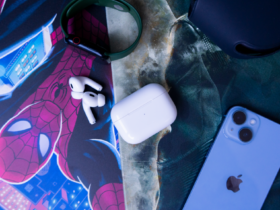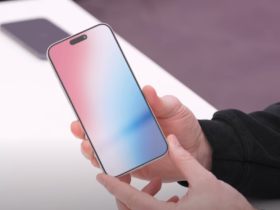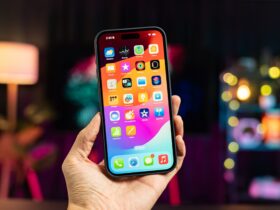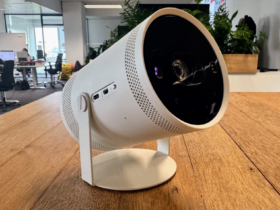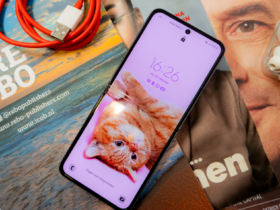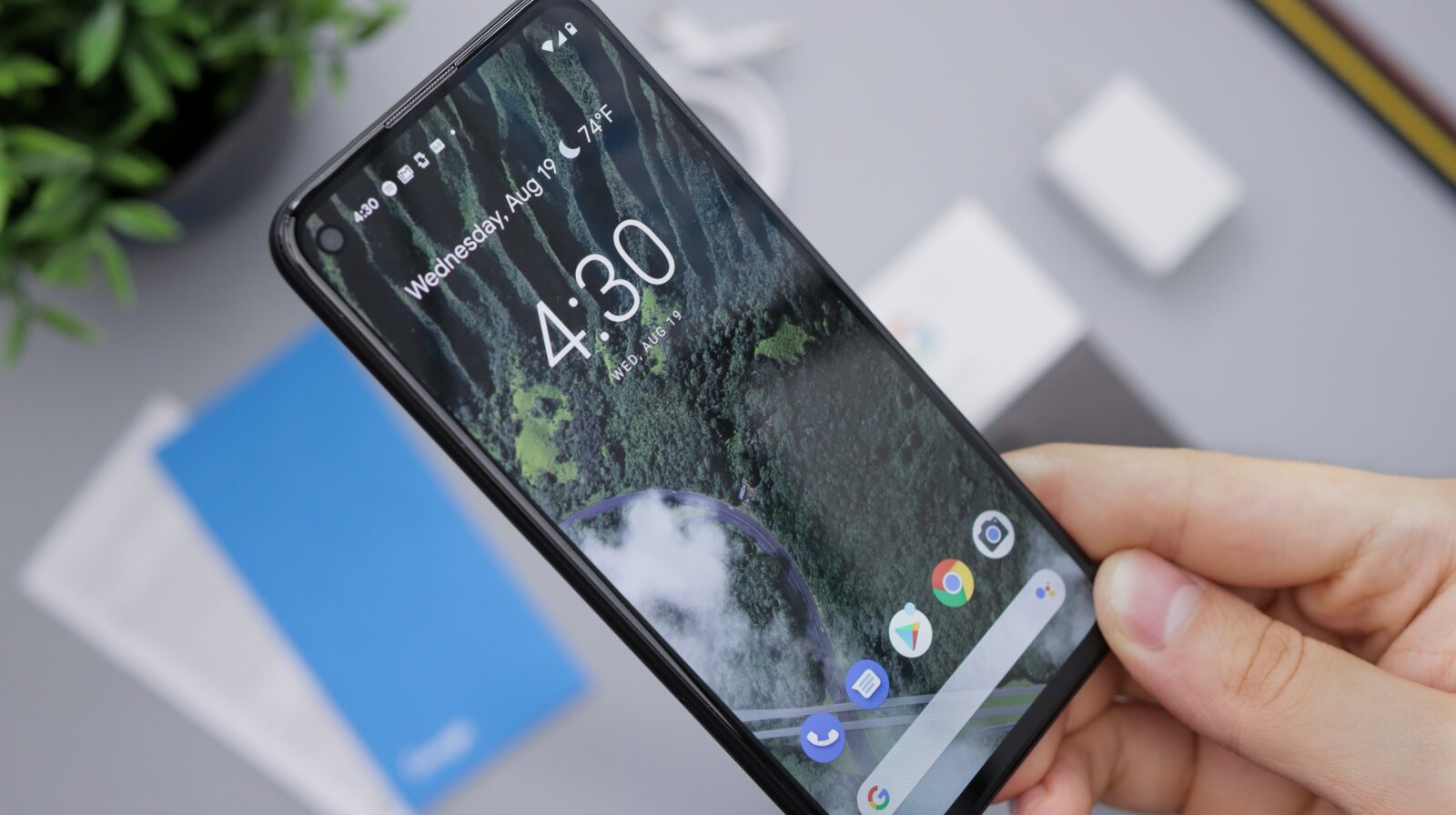As an owner of an Android smartphone, you can download all kinds of useful apps from the Google Play Store. Some of these apps you use a few times, while others can really enrich your life. However, many apps are left unused, and unfortunately therein lies a danger to your privacy.
Before you can use an app on Android, you need to provide it with all kinds of permissions (permissions). Some applications need access to your microphone, location or media files, for example. Without those permissions, the software often can’t fully perform its job.
Android users, beware
Sometimes, however, we come across apps that unnecessarily ask permission for a certain feature. For example, what does a news app want with access to your camera? Not all users think carefully about those permissions, even though that’s really something you should be serious about, for the sake of your privacy.
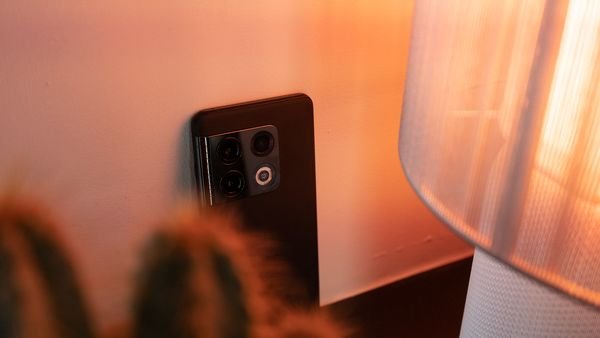 Orange above (Image: Mark Hofman / WANT)
Orange above (Image: Mark Hofman / WANT)
What can also be a danger to your data: having unused apps on your Android that can still see everything you’re up to. These days, the operating system can help you revoke those permissions. But in other cases, it’s more convenient to take care of this manually every now and then.
Revoking app permissions
So make this a sort of monthly routine. That way you don’t have to wait until Android decides it’s time to revoke permissions. Checking your apps and managing permissions is done as follows. Note that this may vary from device to device, but you should pay attention to the following terms.
Go to Settings and then the Apps section. Sometimes you still have to tap All apps, but if all goes well, you’ll see a list of your apps listed here. Tap on the app whose permissions you want to change. Pull back permissions where necessary. And that’s it; you’ll end up running much less risk that way.




